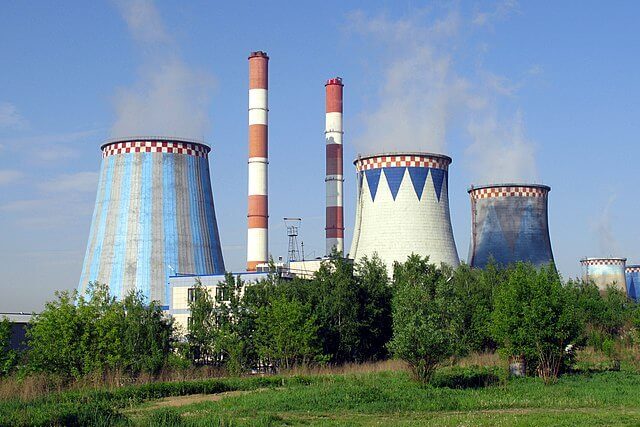
Scientists have issued a stark warning that there is no magical solution to rescue the world from the escalating impact of global warming.
As Earth experienced its hottest month ever recorded, climate experts and engineers have emphasised that the only effective way to prevent a dire era of overheating is through substantial global reductions in fossil fuel consumption.
Despite proposals for yet-to-be-developed global technologies that could potentially mitigate the impending climate crisis, such as carbon capture and storage or solar radiation modification projects, senior researchers assert that the most realistic hope for averting the worst effects of climate change lies in halting the burning of coal, gas, and oil.
“The number one priority that we have is to replace fossil fuels with renewable energy sources,” said Dr Greg Mutch of Newcastle University.
“That is going to be critical. After you have done that, then you think about capturing any carbon emissions from industrial plants that cannot operate without producing CO2.”
Various industrial processes, including cement and fertiliser manufacturing, produce carbon dioxide as a result of both burning fossil fuels for heat and chemical byproducts generated during production. While these industries contribute to about 5% of all carbon dioxide emissions, experts believe addressing them remains important.
Nonetheless, capturing carbon dioxide from the atmosphere and storing it underground, as a global climate change mitigation strategy, poses considerable challenges. Despite significant annual carbon dioxide emissions, it is a relatively diluted component of the atmosphere, constituting approximately 400 parts per million or 0.04% of the atmosphere.
“That is very, very dilute and it will take an awful lot of energy to extract that carbon dioxide. From an engineering point of view, it’s much easier to separate a gas from a concentrated mixture than it is to extract a gas that is only 0.04% of the mixture,” said Mutch.
Some companies are in the early stages of developing facilities to extract carbon dioxide from the air and store it. However, this technology is still nascent and has faced uncertainty regarding its adoption. The UK initially invested £100 million in 2020 for research on direct air capture and other greenhouse gas removal technologies but has been surpassed by the US, which has allocated around $3.5 billion for direct air capture projects alone.
“The problem is that climate change itself is already one huge experiment on our planet,” said Prof David Reiner of Cambridge University. “Now we are trying to combat that experiment with other experiments. That will have unknown consequences.
“On the other hand, I take solace from the fact that many more scientific minds are now turning to these problems, that more research is being started, and that a lot more public and private funding is going into ways of tackling global warming so there is room, in the long run, for some optimism.”
The second form of geoengineering – solar radiation modification (SRM) – has raised significant concerns. Proposed SRM projects involve methods such as scattering tiny reflective particles, like sulphate aerosols, in the upper atmosphere to deflect sunlight back into space or placing massive mirrors in Earth’s orbit for the same purpose. However, these approaches could lead to carbon dioxide accumulation in the atmosphere. While the world might experience a temporary cooling as sunlight is diminished, the long-term impacts on weather patterns remain uncertain.
Importantly, carbon dioxide would still need to be removed from the atmosphere in the future. As more carbon dioxide dissolves in the oceans, ocean acidification would intensify, causing further harm to coral reefs and other marine ecosystems.
Dismissing SRM technology, Prof Joeri Rogelj of Imperial College, London, called it “irresponsible, dangerous and a threat to the manageability” of our survival, saying: “It is not a solution but an extremely dangerous band-aid that covers up the global warming problem without healing it, creating a false and unwarranted sense of climate safety while the core of the problem continues to fester.”
——————————————————————————
At Natural World Fund, we are passionate about stopping the decline in our wildlife.
The decline in our wildlife is shocking and frightening. Without much more support, many of the animals we know and love will continue in their decline towards extinction.
When you help to restore a patch of degraded land through rewilding to forests, meadows, or wetlands, you have a massive impact on the biodiversity at a local level. You give animals a home and food that they otherwise would not have had, and it has a positive snowball effect on the food chain.
We are convinced that this is much better for the UK than growing lots of fast-growing coniferous trees, solely to remove carbon, that don’t actually help our animals to thrive.
This is why we stand for restoring nature in the UK through responsible rewilding. For us, it is the right thing to do. Let’s do what’s right for nature!
Donate today at https://naturalworldfund.com/ and join in the solution!

